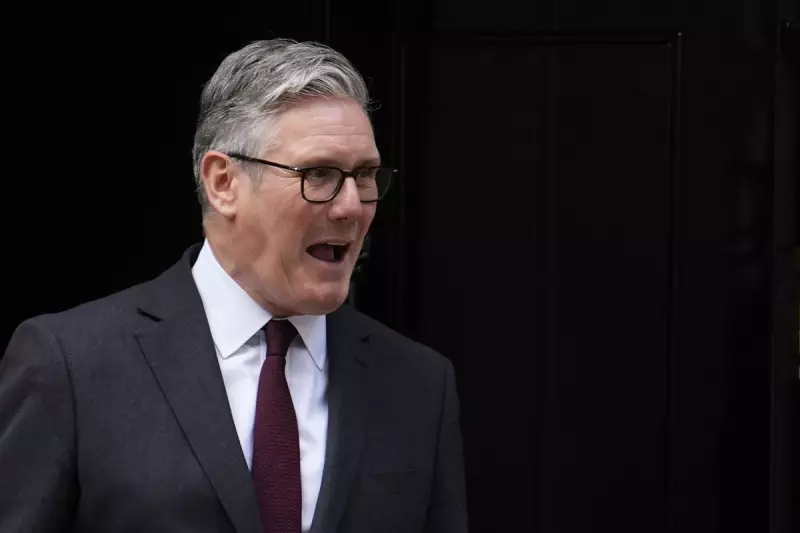
Labour Leader Sir Keir Starmer has found himself at the centre of a significant political storm after refusing to condemn the Prime Minister for remarks concerning Qatar's mediation efforts with Hamas. This stance has provoked fierce internal criticism and exposed deep divisions within the party.
The controversy erupted following the Prime Minister's comments, which were interpreted by some as suggesting that Qatar should bear responsibility for Hamas's actions due to its role as a key intermediary. In a move that has surprised and angered many within his own ranks, Starmer explicitly stated he would not be criticising the Prime Minister over these remarks.
Internal Labour Rebellion Erupts
The decision has not gone down well. Senior Labour figures, including Shadow Foreign Secretary David Lammy, have publicly broken ranks. Lammy pointedly emphasised that the UK's relationship with Qatar is "vitally important," signalling a clear divergence from the leader's position. This public airing of disagreement highlights the immense pressure Starmer is under to balance diplomatic pragmatism with party unity.
Backbench MPs have been even more scathing, with one accusing the leadership of displaying a "woeful lack of understanding" of the complex dynamics in the Middle East. The refusal to challenge the Prime Minister is seen by many as a misstep that could have lasting repercussions for the party's credibility on the international stage.
A Delicate Diplomatic Tightrope
At the heart of the issue is Qatar's crucial role as a mediator in the ongoing conflict between Israel and Hamas. The Gulf state has been instrumental in negotiating hostage releases and facilitating talks, a role acknowledged by Western governments, including the UK. The Prime Minister's initial comments were therefore seen as potentially undermining a key diplomatic channel.
Starmer's team has defended his position, likely arguing for a cautious approach to avoid escalating a diplomatic incident. However, critics argue that this caution has come at the cost of a strong, principled stand, leaving a vacuum that has been filled by internal dissent and public confusion over the party's official foreign policy stance.
The fallout from this episode continues to develop, ensuring that the Labour leader's handling of international affairs will remain under intense scrutiny.





